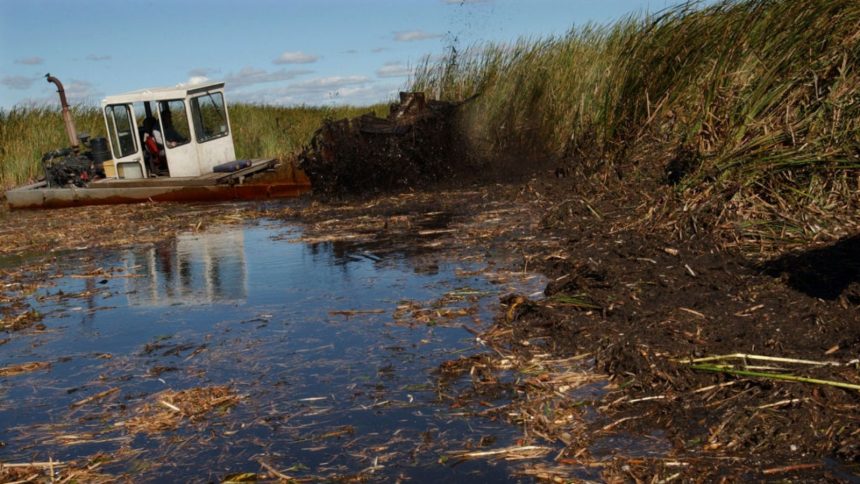The global demand for steel is increasing due to population growth and economic development in developing nations. Steel is also crucial for the green energy transition, powering infrastructure like wind turbines, solar panels, and hydroelectric dams.
Unfortunately, the steel supply chain is heavily polluting, particularly in regions like the U.S. where the industry is concentrated in low-income and nonwhite communities. The two major companies dominating U.S. steel production are U.S. Steel and Cleveland Cliffs, both relying on taconite, a low-grade iron ore mined in Minnesota.
The extraction of taconite releases toxic pollutants like mercury, lead, and dioxins into the air, posing significant health risks, especially to unborn children and immune systems. Despite the harmful impacts, U.S. Steel and Cleveland Cliffs have resisted EPA regulations to reduce mercury emissions, claiming high costs and potential negative health effects from proposed pollution control systems.
Environmental advocates have criticized the companies for prioritizing profits over public health, especially when considering their billion-dollar revenues. The steel industry’s resistance to federal regulations has hindered efforts to curb pollution and protect communities like the Fond du Lac Band in Minnesota, who rely on clean water for their traditional lifeways.
Despite the EPA’s proposed regulations to reduce mercury emissions from taconite plants, U.S. Steel and Cleveland Cliffs continue to challenge the standards, risking further environmental harm. The lack of stringent regulations reinforces the urgent need for greater accountability and protection for communities impacted by industrial pollution.






